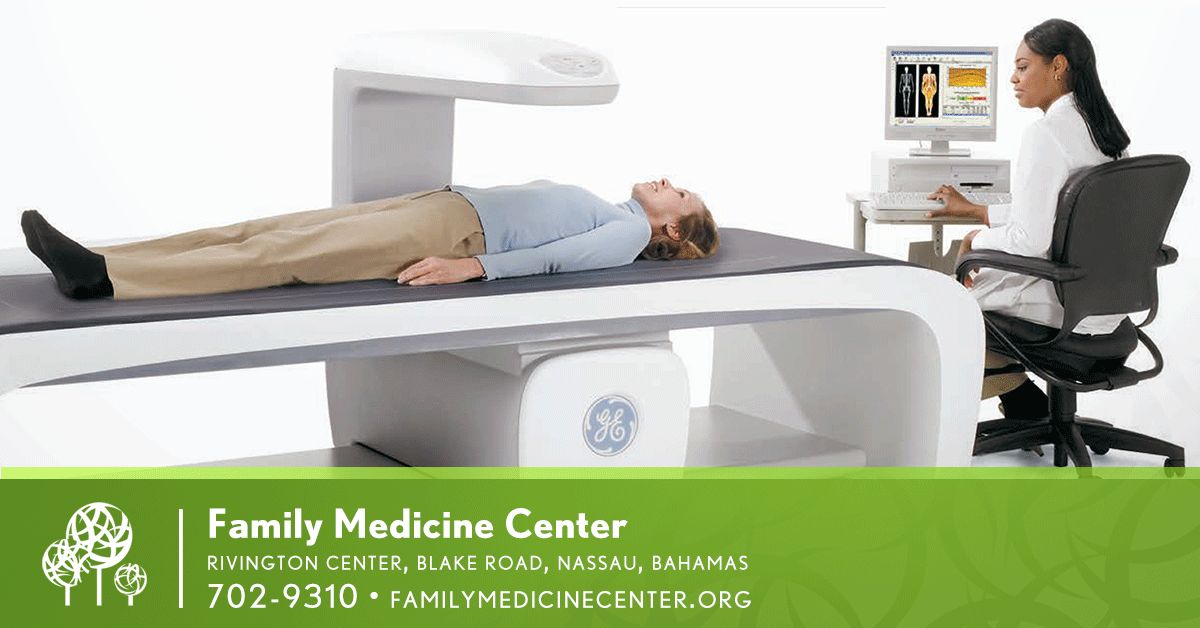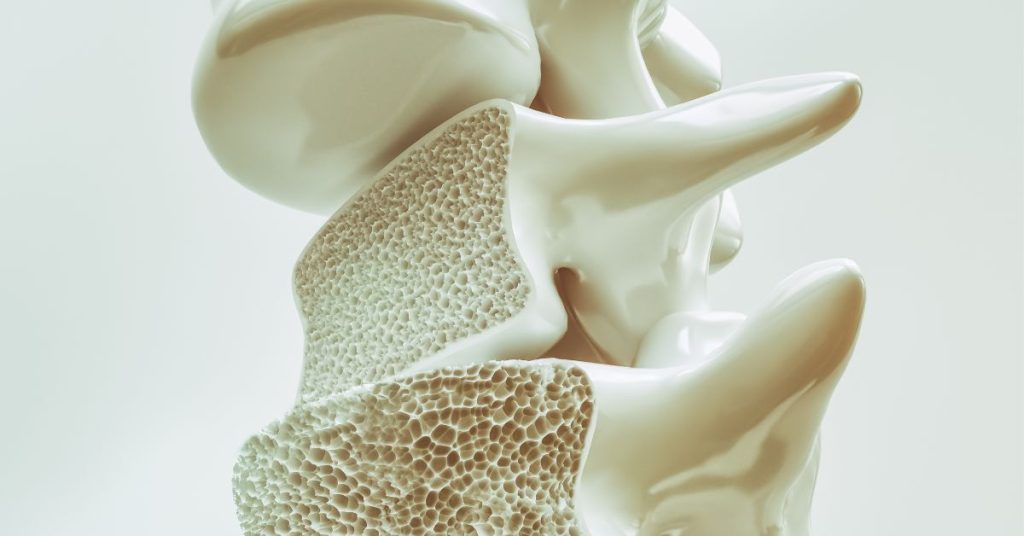Osteoporosis is a silent thief of bone strength, often progressing without noticeable symptoms until a fracture occurs. But understanding the signs can help catch it early and prevent serious complications down the road.

Here we discuss common symptoms of osteoporosis and when it’s time to talk to your doctor about getting a bone density test.
Back Pain: Persistent back pain, particularly in the lower back, can be a sign of weakened vertebrae due to osteoporosis. This pain may worsen with movement or when standing for long periods.
Loss of Height: Osteoporosis can lead to compression fractures in the spine, causing a gradual loss of height over time. If you notice a decrease in height or a stooped posture, it could be a red flag for osteoporosis.
Fractures: Fractures, especially in the wrist, hip, or spine, can occur with minimal trauma in individuals with osteoporosis. If you experience a fracture from a minor fall or bump, it’s essential to investigate the underlying cause, as it could be a sign of weakened bones.

Bone Density Test
While osteoporosis often goes unnoticed until a fracture occurs, certain risk factors warrant proactive screening with a bone density test. These risk factors include:
– Postmenopausal women and men over the age of 50
– Family history of osteoporosis or fractures
– Long-term use of corticosteroid medications
– Low body weight or history of eating disorders
– Smoking and excessive alcohol consumption
– Certain medical conditions like rheumatoid arthritis, hyperthyroidism, or celiac disease
If you have one or more of these risk factors or experience any symptoms of osteoporosis, it’s crucial to discuss them with your doctor. They can assess your risk profile and determine if a bone density test is necessary. This painless and non-invasive test measures the density of your bones and helps identify osteoporosis before fractures occur.
Early detection and intervention are key to managing osteoporosis and preventing fractures. Your doctor can recommend lifestyle changes, such as regular weight-bearing exercise, adequate calcium and vitamin D intake, and smoking cessation, to help maintain bone health. In some cases, medication may be prescribed to slow the progression of osteoporosis and reduce fracture risk.
Don’t wait for a fracture to occur – start the conversation about osteoporosis today.

